Lifelong learning: “We are pulling the wool over our eyes if we believe learning is happening exclusively at universities”
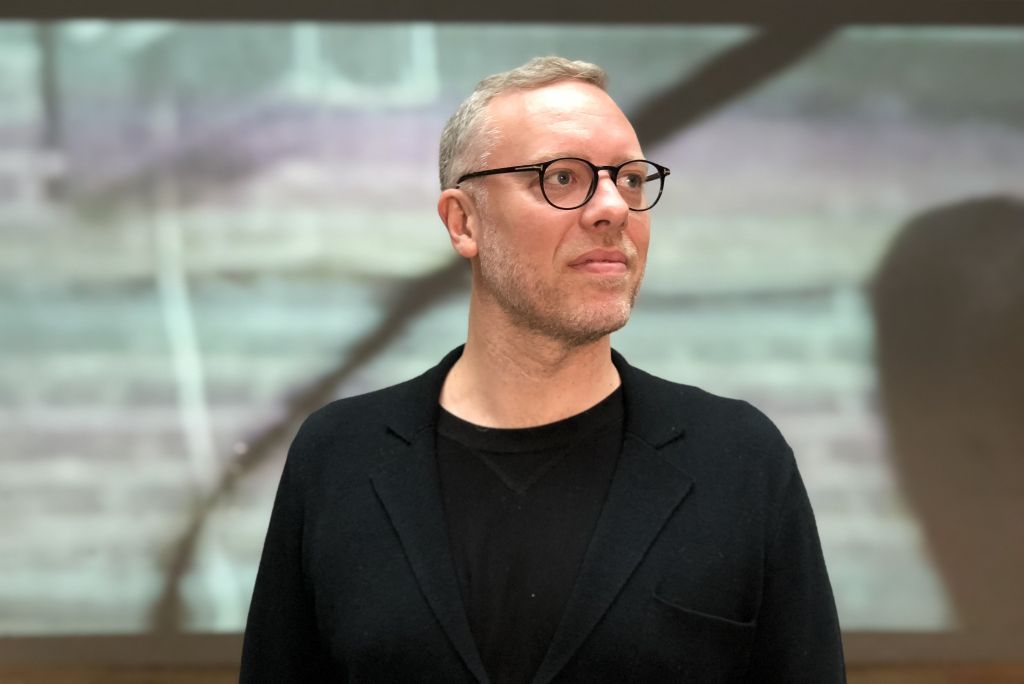
Rasmus Johnsen, Associate Dean of Life-long Learning, argues that life-long learning is more than just further education. It's about how we see universities in the future. (Photo: Mette Koors)
Universities are at risk of making themselves irrelevant if they don’t acknowledge that the production of knowledge and learning also takes place outside CBS, argues the Associate Dean of Lifelong Learning at CBS. He wants to make CBS loosen its grip on the supply chain of knowledge and be present where knowledge is produced as a way of introducing lifelong learning, and he is looking for students and employees to join his quest.
Rasmus Johnsen is on a mission. A mission that might ultimately rock the foundation of CBS, as well as future-proofing the institution.
Today, lifelong learning is largely synonymous with adult education. Students and graduates who need further education come to CBS to update their knowledge at different stages of their life. However, in the future, CBS must, according to Rasmus Johnsen, Associate Dean of Lifelong Learning at CBS, view lifelong learning more holistically as a process beginning with student enrollment and ending only at the conclusion of a professional career.
“When we talk about lifelong learning only as adult education, we often end up discussing so-called ‘flexucation’, which is a new way of describing acquired skills and capabilities. But speaking only about skills and capabilities reduces learning to a commodity on a market for human capital, largely controlled by global ‘edutech’ companies such as Apple U and Deloitte Academy. As a public institution, we have the duty to insist that individual learning is a team sport,” he says and continues:
“I argue that we need to seek out and collaborate with emerging learning environments elsewhere and create learning platforms outside of the university. If learning can take place anywhere throughout adult life, then CBS must come to be present where that happens. The collaborative side of lifelong learning is largely non-existing at today’s universities.”

In a so-called vision statement,L3U Vision Open, Rasmus Johnsen argues why universities like CBS must change their perception of learning, and not see themselves only as a place where people are invited in to learn and leave when lessons are over. Instead, CBS must become a lifelong learning university – L3U.
“I hope that people who read this statement will agree to this and will see that I think about this differently and would like to raise a discussion about lifelong learning. It’s not enough to talk about lifelong learning as ‘so ein Ding müssen wir auch haben’. Lifelong learning must contribute to what universities will look like 20 years from now,” he says, encouraging students, employees and even external contacts to reach out to him if they somehow find this subject relevant.
“I need as many people on board as possible in order to discuss this theme thoroughly and come up with initiatives and experiments and figure out how CBS can approach the topic of lifelong learning,” he says.
Are universities barking up the wrong tree?
And Rasmus Johnsen is already designing the foundations for a lifelong learning experiment.
He is currently gathering scholars, external contacts, executives as well as politicians to join his working group on lifelong learning. The plan is to brainstorm about possible places outside CBS where it would make sense for CBS to be present, and then design learning experiments for groups of students and teachers to join.
Because, as it is right now, CBS and other universities are part of a society that is changing so fast that it is becoming increasingly difficult to predict what students and graduates will need to learn in order to find their niche.
“I know that if I pick a group of adults and ask them if they fulfilled their eighth-grade career expectations, a lot of them will say no. We don’t always know what we want to do in the future, and if universities think they know already how to predict what the future job market will look like, they are barking up the wrong tree,” he says.

But who does know, then? Well, right now, some companies are in a better position to describe what skills they need from their employees a few years from now than others. For example, Apple and Deloitte have created their own universities for adult education, so it’s not sufficient to simply tinker with existing CBS courses, explains Rasmus Johnsen.
“People need to update their knowledge throughout their career. In the near future, people will even have multiple careers in a lifetime, so adult education is in great demand. But universities don’t yet know what the programs should contain, and we are pulling the wool over our eyes if we believe learning is only happening in one place and that if we just turn our courses into part-time courses we can remain in tune with the demands of society,” he concludes.
“We need a lifelong learning university as a model for collaboration in a society of lifelong learners.”



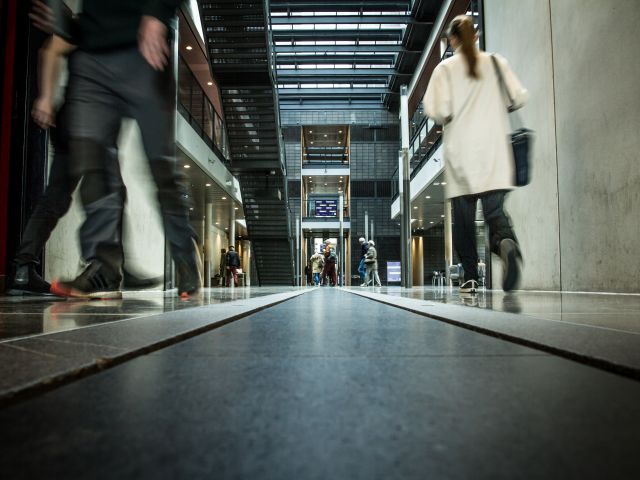
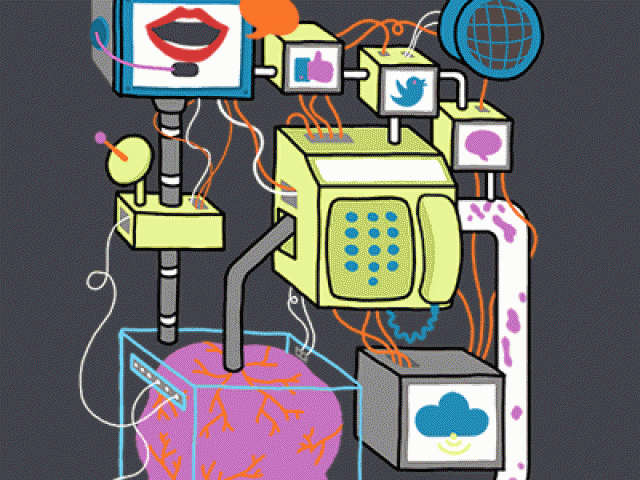
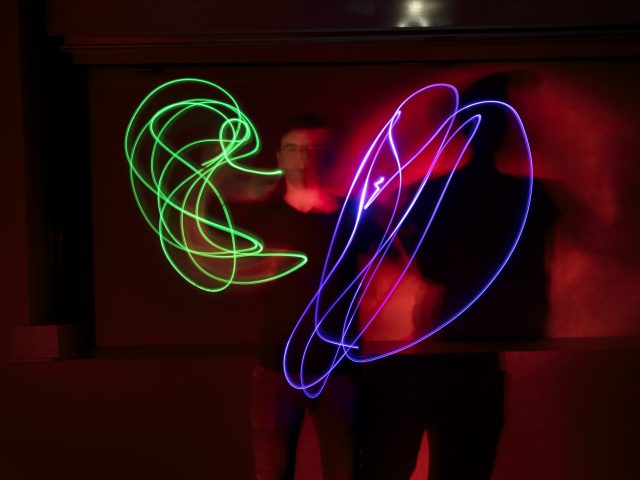
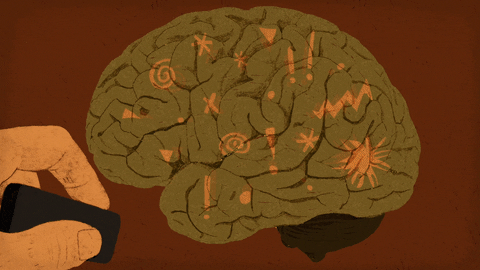
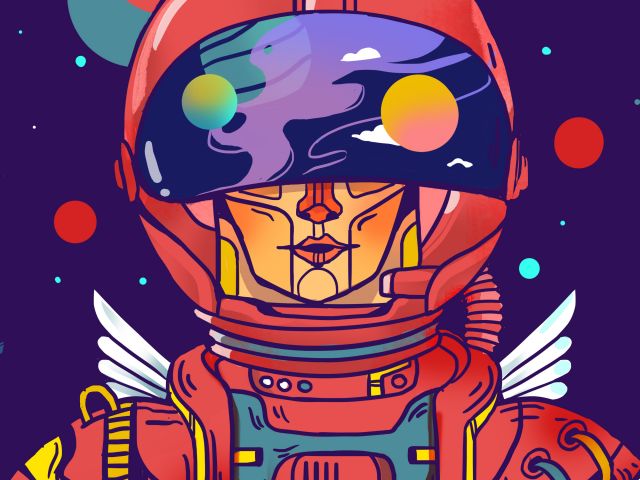
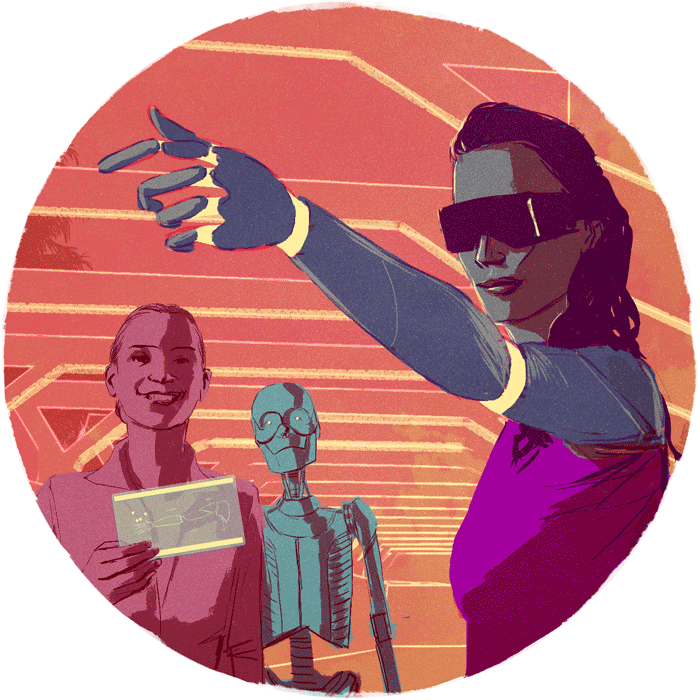

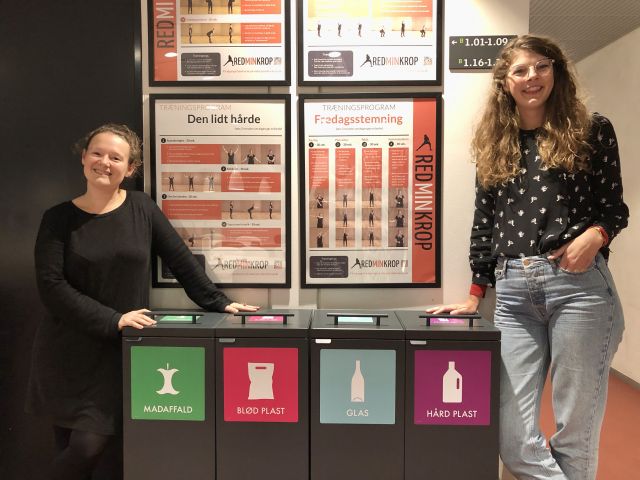




























































































































Comments